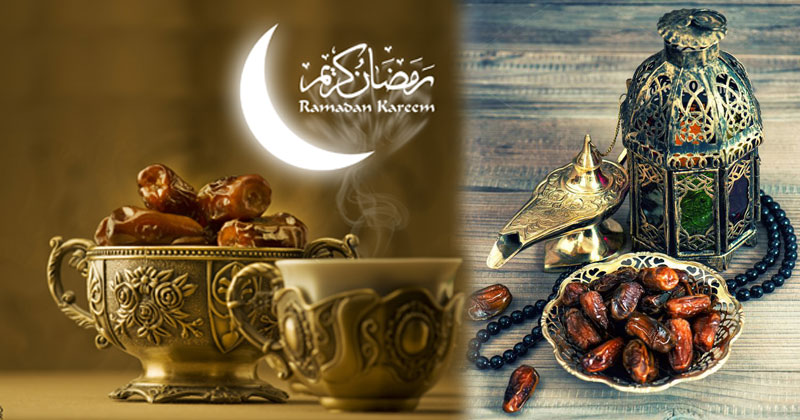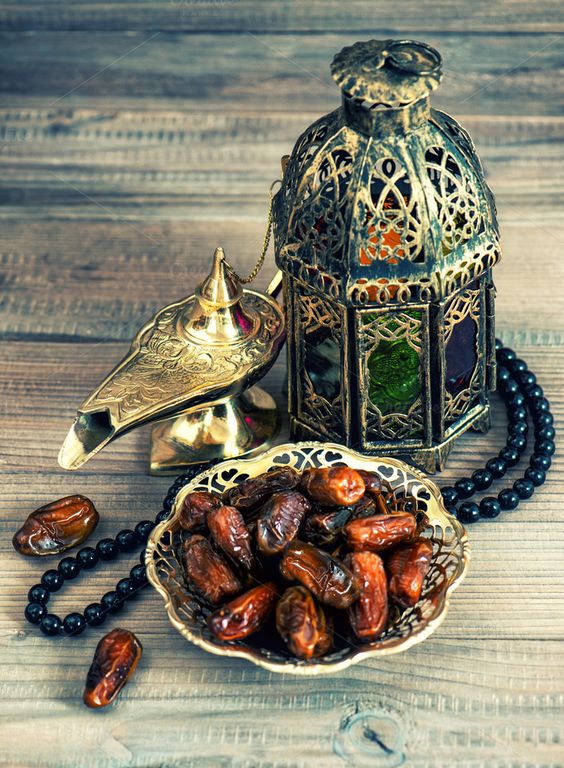
When Muslims break their fast at sundown each evening, they will celebrate with iftar dinners, followed by suhoor. But before they dig into a proper meal, it’s typical consume dates as the first taste of food after a long day of fasting.
Fasting during Ramadan is from sunrise to sunset. This tradition is rooted in religious teachings of the Prophet Muhammad, who is quoted as saying: “When one of you is fasting, he should break his fast with dates; but if he cannot get any, then (he should break his fast) with water, for water is purifying.“

Moroccan Muslims, like countless other Muslims around the world, follow a religious tradition of serving dates at their Ramadan iftar table, with many making it a point to actually to break their fast with them. Dates are not only associated with Ramadan, however.
Also Read: Ramadan 2018: Here are the 5 things You’re not Supposed to do while Fasting

In addition to religious aspects, Dates are high in sugar, fibre, minerals, phytonutrients, and (when fresh) vitamin C. They also contain potassium, magnesium, iron, and small amounts of protein and fat. Dates are easily digested, making them a quick source of energy and nutrients. Eating dates after a long day of fasting can help the body’s blood glucose levels quickly return to normal. When not fasting, consumption of dates before a meal will satisfy the sensation of hunger, which in turn helps to avoid overeating.

The fruit is mentioned more than 20 times in the Quran, and they’re favoured by many Muslims. Also, Dates are used for the tradition of rubbing something sweet into the mouth of a newborn.

Post Your Comments